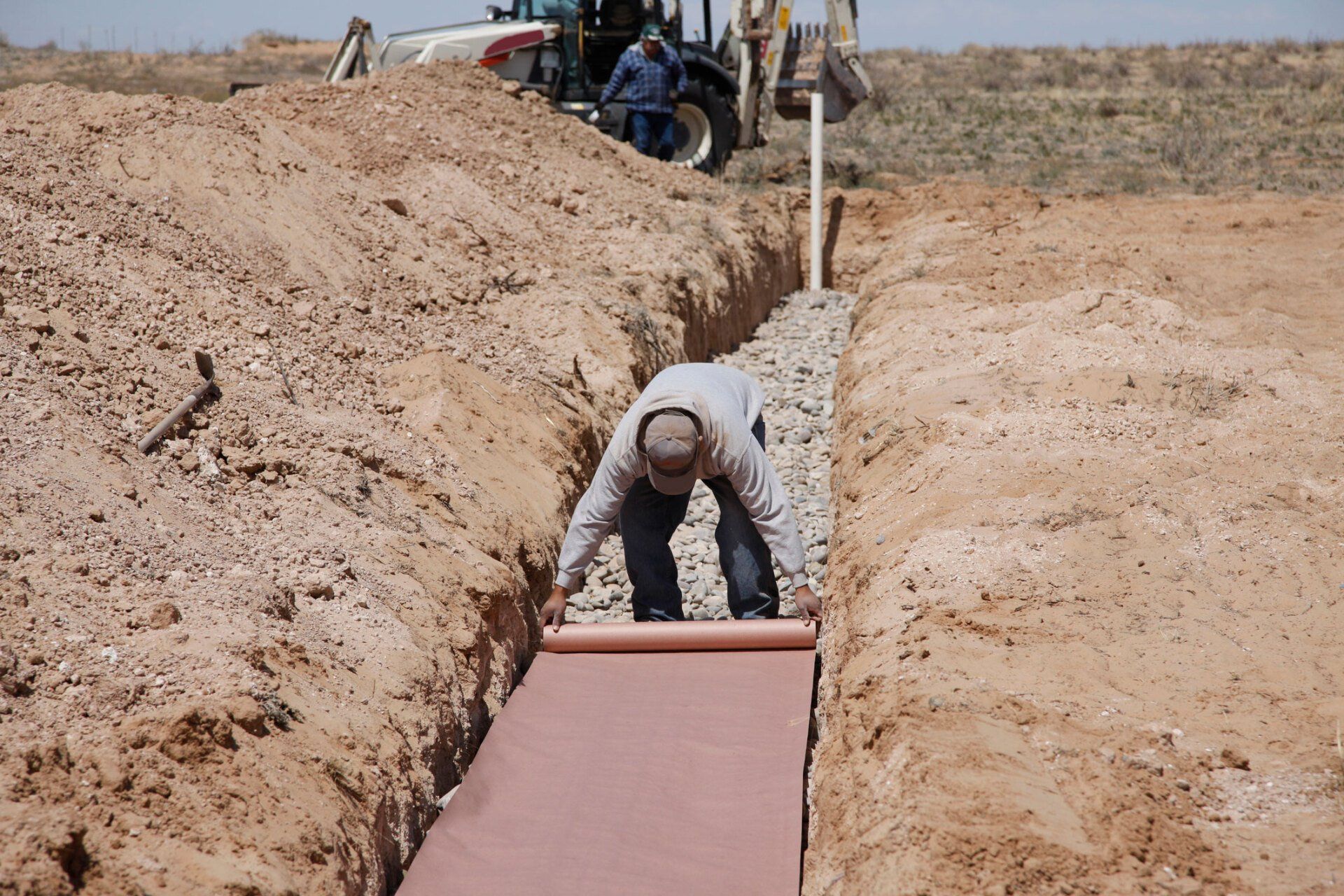
A healthy septic system will help you avoid many problems, including clogged drains and toilet backups. But your septic system needs regular inspections to keep it in good condition.
The frequency of inspections depends on many factors. Therefore, a one-strategy-fits-all approach may not work for all homes.
Learn more about the types of septic inspections and their importance for the health of your septic system to determine the best approach to your septic care.
What Are the Common Types of Inspections?
Your inspection expert may perform either of the following inspections.
A Visual Inspection
A visual inspection can be quite useful if you want to buy a new home. First, your home inspector may ask questions about the system's maintenance history (including the date of the last inspection) and age. They will then compare the information they got from the previous owner with what they see during the inspection.
Second, your inspection expert will check the drainfield for any stagnant water. This step is crucial to determine the possibility of future water damage
Lastly, your home inspector may turn on multiple fixtures and flush toilets to check for drainage problems. During this part of the inspection, they also monitor the water pressure to make sure everything runs fine.
A Full System Inspection
A complete system inspection is a lot more thorough than a visual inspection. This inspection can unmask hidden problems that may not be obvious during a visual inspection.
Typically, a full inspection should happen every three years, but some factors may require you to schedule inspections sooner. For instance, if you have an older septic system, you should schedule more frequent inspections to protect against any unexpected issues that could crop up.
During a full inspection, your inspector will access the tank to check on wastewater levels. They then run water through the system to see if wastewater rises abnormally inside the tank. This strategy can reveal hidden drainage problems in your septic system.
Your septic inspector may then pump out the septic tank as they monitor for any backflow issues. They need to be as thorough as possible so they don't miss out on any hidden problems.
Why Are Regular Septic Inspections Important?
Septic system inspections can help take a load off your shoulders for the following reasons.
Deescalates Major Issues
A septic system inspection can unmask budding issues before they can cause total system failure. Some problems can present subtle signs in the early stages, which an expert can quickly identify.
For instance, your inspection expert might discover poor drainage signs before you experience drain and toilet backups in your home. They could also unmask issues that could be a constant health hazard for you, such as effluent leakage.
Informs You on When to Pump
Pumping schedules may differ from one home to another. For instance, your septic tank may fill up faster if you have a larger household.
Your septic system expert will consider such individual factors when they begin their inspection. Afterward, they may advise you on how frequently to pump your tank before it becomes too overwhelmed.
Increases Your Home Value
A functional waste treatment system adds significant value to your home, especially when you want to sell it. Regular inspections and pumping help keep your system in good condition and may improve your chances during a sale.
If potential buyers see your commitment to better septic system care, they may be inclined to pay a good amount for the home because they won't have to worry about long-term issues that could cost them a fortune to repair.
The better you treat your septic system, the longer it will serve you. Schedule a complete system inspection with Upstate Septic Tank, LLC, today to help keep septic issues at bay.






